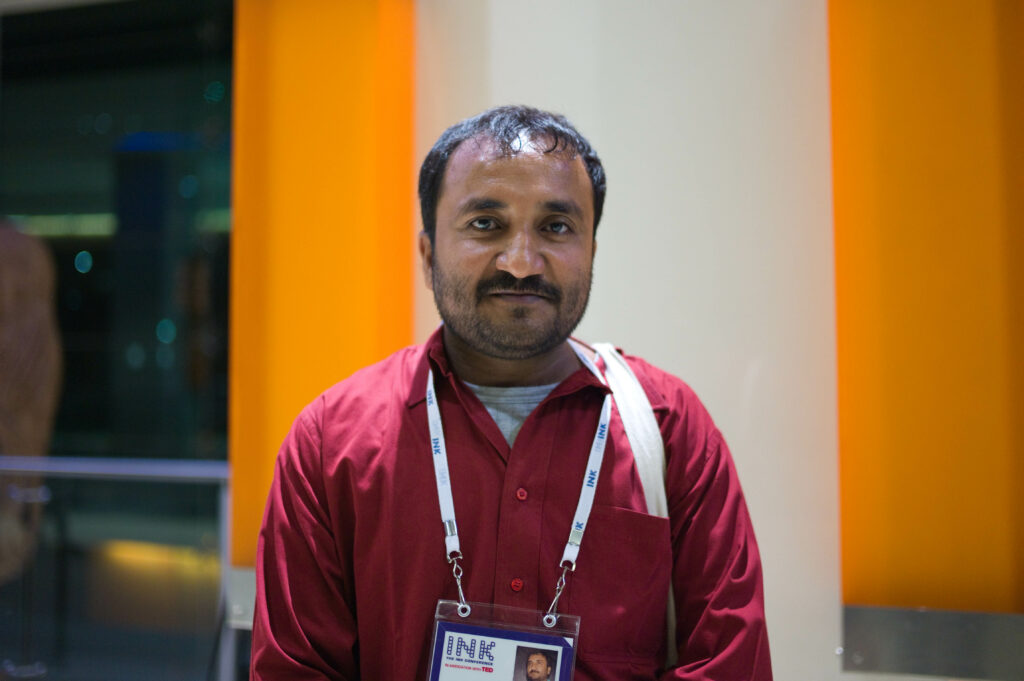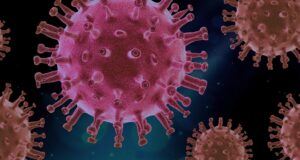Anand Kumar – The Inspiration Behind ‘Super 30’, is Suffering From Acoustic Neuroma

Neucrad Health India News desk July 13, 2019
Many of you must be knowing that Hrithik Roshan- the superstar of Bollywood has made a film ‘Super 30’ based on the life of a Patna based mathematician who is famous for coaching underprivileged students for the IIT-JEE entrance examination. However, you may be unaware of the fact that the inspiration behind this film- the renowned educationist Anand Kumar has made a shocking revelation about his health condition. Yes, he is battling a rare form of non-cancerous brain tumour- acoustic neuroma since a few years. It was due to the uncertainties in his health condition; he wanted his biopic to get completed and hit the movie theatres as early as possible. Well, among this heart-wrenching revelation about the mathematics wizard who was also awarded the Global Education Award 2018 by Malabar Gold & Diamonds in Dubai there is a good new; the film got released on 12th July 2019 and is doing steady business.
How did Anand Kumar come to know about his health condition?
In 2014, Anand Kumar was undergoing severe pain and hearing issues when test reports suggested that 80 to 92 per cent of his right ear’s hearing capability was lost. It was at that juncture; he decided to carry out further investigations and treatment at Ram Manohar Lohia Hospital in New Delhi. The doctors at the premier medical institution at the capital were the first to diagnose the underlying conditions behind his hearing loss. They detected that there was no impairment in his ear tissues; instead, the main nerve running from his inner ear to the brain had developed a benign tumour.
The oncologists at Ram Manohar Lohia Hospital advised Anand Kumar against opting for surgical treatment as there were chances of severe complications. His other sense organs like the eyes can also get affected due to the major operation. In such circumstances, he decided to go ahead with the treatment under reputed neurosurgeon of Hinduja Hospital, Mumbai Dr BK Mishra. His students at ‘Super 30’ and well-wishers across the country are praying for his speedy recovery.
What is Acoustic Neuroma?
Acoustic neuroma or vestibular schwannomas or neurilemmoma is a complicated medical condition when a benign tumour develops on the eighth cranial nerve which connects the inner ear to the brain. The nerve has two distinct parts- one part remains concerned with transmitting sound while the other one helps in retaining the balance of the body. A malfunctioning gene on chromosome 22 can be the probable cause for the development of this tumour. This type of non-cancerous growth develops slowly over an extended period, and in most cases, they do not evade the brain. However, if the tumour becomes large, then there is a possibility of pressing the nearby cranial nerves and even brain stem or cerebellum. It can be life-threatening in those conditions.
What are the symptoms of Acoustic Neuroma?
Since acoustic neuroma is a slow-growing tumour, symptoms at the early stages are usually subtle, and it makes it increasingly difficult for Oncologists to diagnose the condition. During the initial stage, patients often experience difficulty in hearing, followed by ringing in the ear (tinnitus) or experiencing fullness in the ear. In some rare cases, it can cause sudden hearing loss. With the advancement of the tumour, patients suffer from vertigo, facial numbness, changes in taste, clumsiness, and confusion. Patients should seek immediate medical treatment upon the diagnosis of the condition to arrest the growth of the tumour and treat it.
What are the possible treatments for Acoustic Neuroma?
There are three lines of treatment for Acoustic Neuroma. The first method suggests monitoring the condition if the tumour is small and slowly growing one. Patients need to undergo regular imaging tests every six months to monitor the growth. If the tumour is large, Oncologists may recommend surgical removal to cure the condition. However, there are chances of complications like hearing loss, inability to maintain balance, stroke, or brain bleeding. The third line of treatment advocates the use of radiation therapy. These days, the use of state-of-the-art medical devices and treatment from highly skilled Oncologists allows a high dose of radiation without damaging the surrounding tissues.
This was a brief account of Anand Kumar’s health condition. His students and Mathematics lovers are praying for his speedy recovery so that he can carry on with his noble venture.








